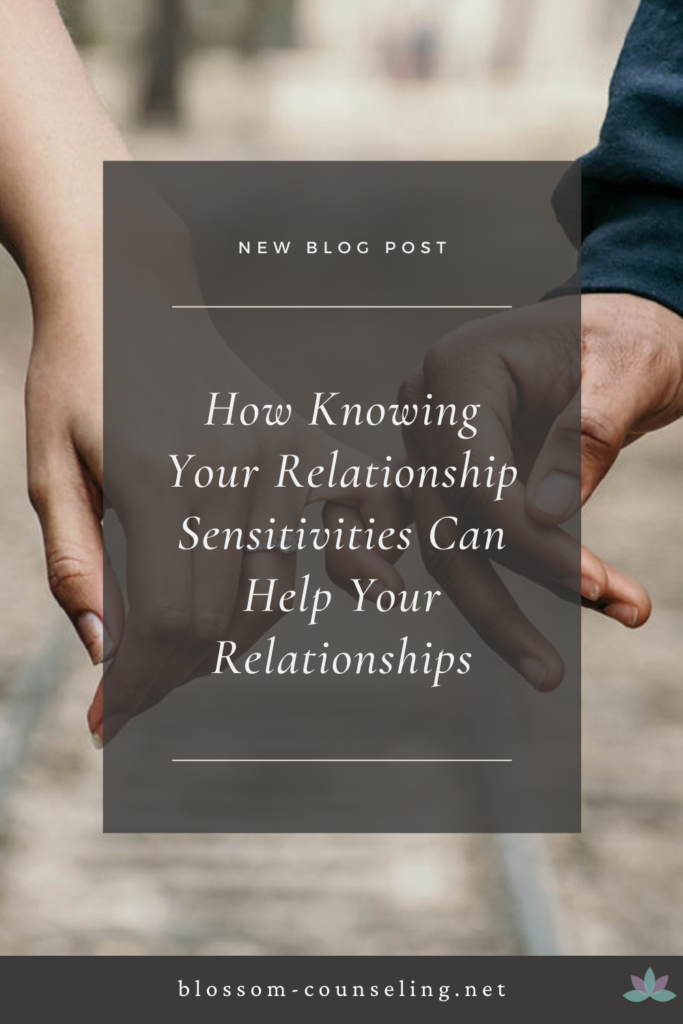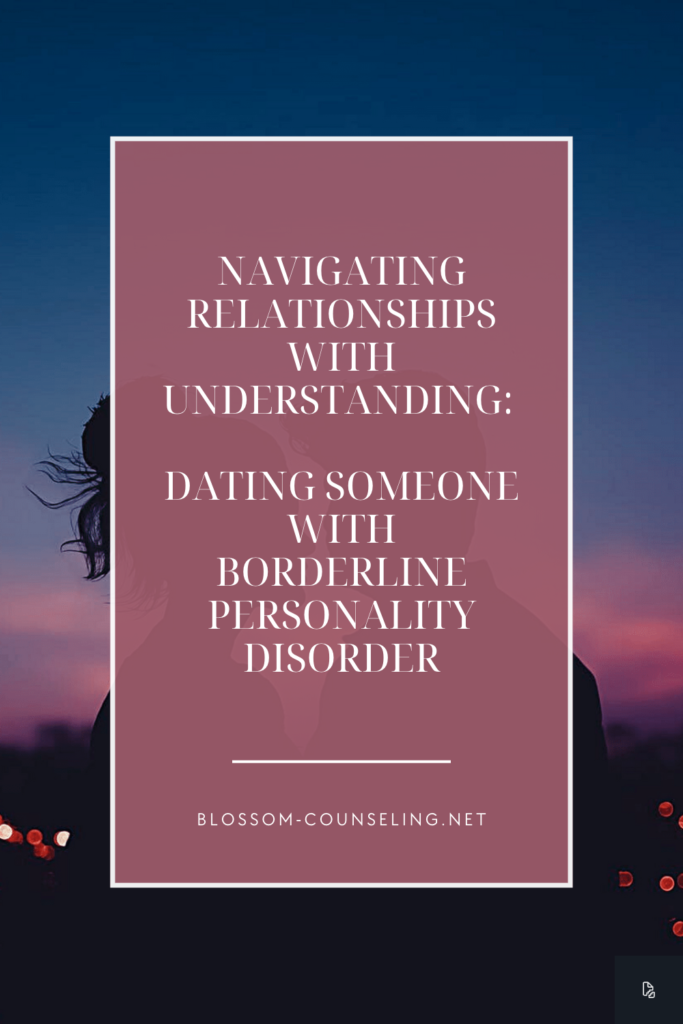
In the tapestry of human relationships, kindness acts as a gentle thread that weaves individuals closer together, creating a fabric that’s resilient, warm, and beautifully complex. Love isn’t just about grand gestures or fiery passion—it’s deeply rooted in the everyday acts of kindness that accumulate to form a strong, enduring bond. Understanding how kindness shapes our relationships offers us not only a blueprint for personal happiness but also a way to cultivate deeper connections with those around us.
The Essence of Kindness in Love
At its core, kindness in relationships translates to a consistent consideration for the other person’s feelings, needs, and overall well-being. It’s the thoughtful pause before speaking, the compassionate response to a partner’s stress, and the supportive silence that speaks volumes. Kindness doesn’t need a special occasion. It thrives in the mundane moments—the morning coffee brought to the bedside, or the empathetic ear after a long day.
Why Kindness Matters
Research in psychological science underscores the significance of kindness as a cornerstone of successful relationships. According to Dr. John Gottman, a pioneer in the study of relationship dynamics, couples who practice kindness are often the most stable. Gottman’s studies reveal that for a relationship to prosper, there needs to be a ratio of five positive interactions to every negative one. Kindness, with its myriad expressions, contributes significantly to this positive tally.
Kindness as a Relationship Barometer
The presence of kindness serves as a barometer for the health of a relationship. It’s not just about avoiding conflict, but about actively creating an environment where both partners feel valued and understood. When kindness prevails, partners are more likely to feel secure and less defensive during disagreements, paving the way for more productive and loving resolutions.
The Ripple Effects of Kindness
Kindness in a relationship does more than just benefit the emotional bond between partners. It also sets a tone of respect and affection that can influence other areas of your life. Children raised in kind environments often emulate these behaviors, perpetuating a cycle of goodwill in their own interactions. Furthermore, a relationship steeped in kindness contributes to individual well-being, reducing stress and boosting overall mental health.
Cultivating Kindness in Everyday Life
Incorporating kindness into your daily life doesn’t require monumental shifts. It starts with small, consistent actions:
- Listen Actively: Give your full attention when your partner is sharing their thoughts. This validates their feelings and shows that you value what they have to say.
- Express Gratitude: Regularly acknowledge and appreciate the small things your partner does. This can transform the taken-for-granted into moments of genuine connection.
- Offer Support: Be there for your partner during both the triumphant and challenging times. Sometimes, support means offering help, while other times, it simply means being there.
- Practice Patience: Patience is a form of kindness that involves giving your partner the space to grow and learn in their own time.
The Transformative Power of Kindness
Ultimately, kindness is transformative. It has the power to turn a routine day into a memorable one and can change the dynamics of a relationship from surviving to thriving. In the world of love, kindness is both the anchor and the wind—keeping relationships grounded and propelling them forward towards mutual satisfaction and understanding.
By fostering kindness in our relationships, we not only enhance our personal connections but also contribute to a more compassionate world. In the gentle power of kindness, love finds its truest and most enduring expression.




